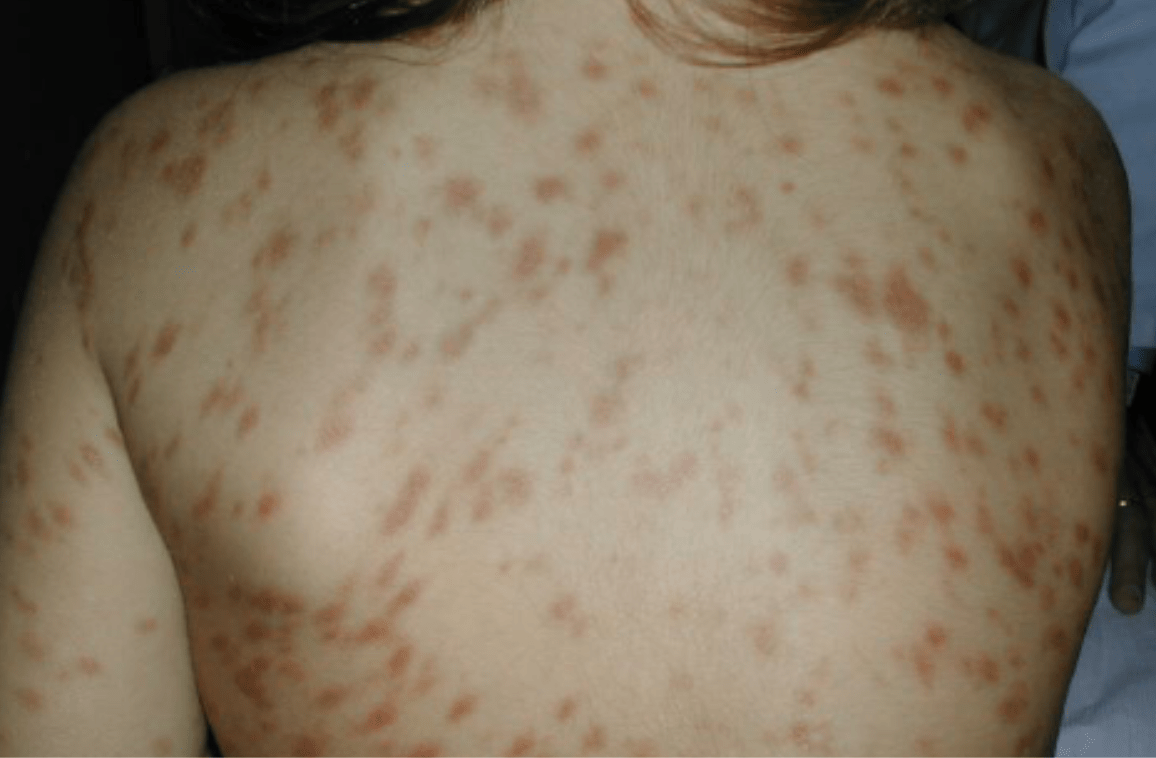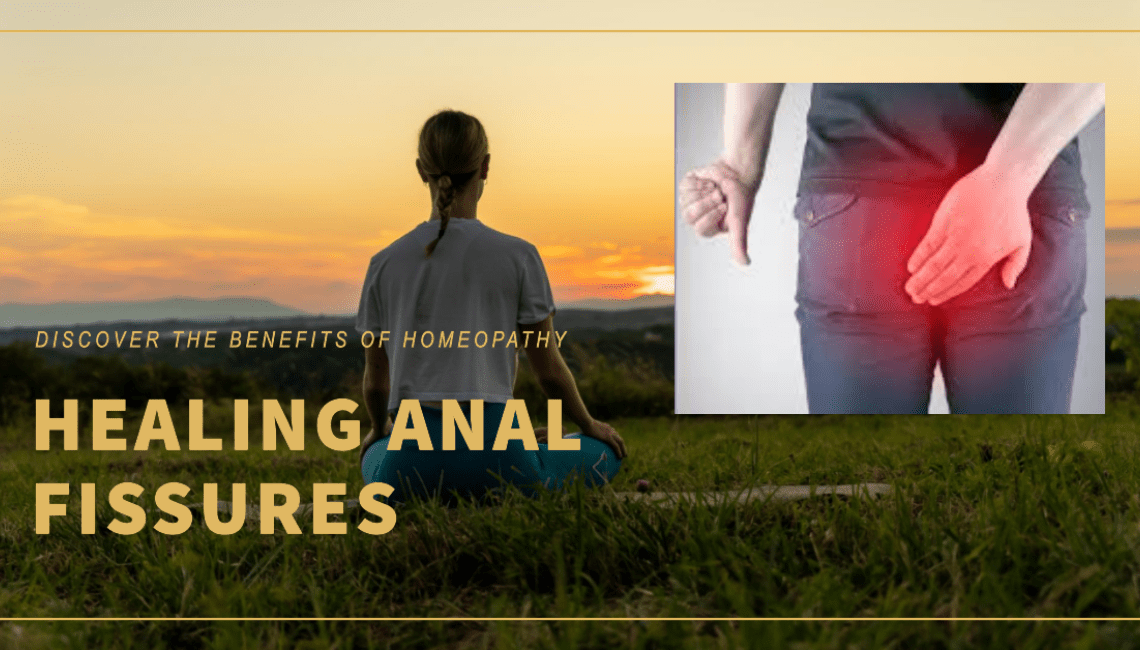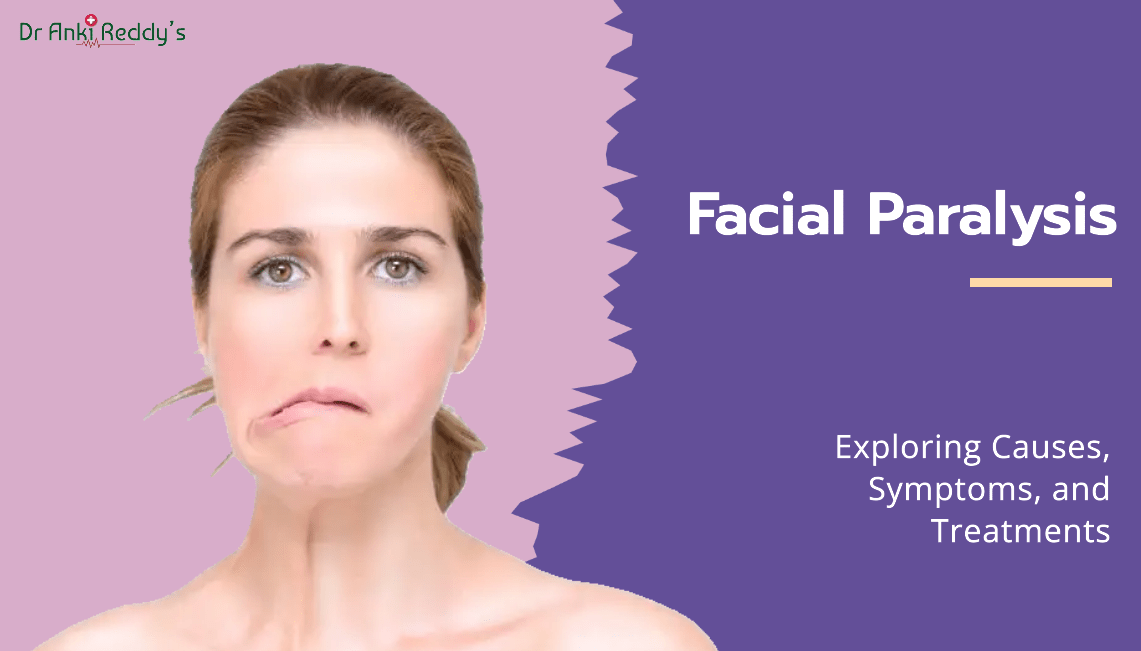Ichthyosis: Homeopathic Treatment, Symptoms, Causes & Types
Ichthyosis is actually derived from the Greek word “ichthys” thus meaning “fish”. It is no doubt a skin disorder in which there is a formation of dry, thickened, scales or flakes on the skin, which does appear like fish scales.
The condition often begins in early childhood and is usually life long.
Types of ichthyosis:
The most common types of ichthyosis are:
- Ichthyosis Vulgaris- Ichthyosis vulgaris is commonly observed in most people. It accounts for about 95% of all ichthyosis cases
- Lamellar ichthyosis
- Epidermolytic hyperkeratosis
- X-linked ichthyosis.
Causes of ichthyosis:
- It is considered to be a genetic disorder that has been passed on from parent to child or rather occurs spontaneously.
- Use of harsh soaps that makes the skin dry thus causing ichthyosis.
- Cold weather causes dry skin thus resulting in ichthyosis.
- Soaps that contain scents and perfumes of certain types can cause this condition.
- Also associated with certain diseases such as underactive thyroid, sarcoidosis, lymphoma, generalized cancer or HIV
Signs and Symptoms of ichthyosis:
• Itching of skin
• Dry skin, scaling as well as flaking of one’s skin
• Mild itching
• Body odor
• Rough skin
• Thick scales and cracks
• Rough skin
• Overheating: ichthyosis may affect normal temperature control by reducing the ability to sweat
• Limited movement: dry, scaly skin may make it too painful to move some parts of the body
• Secondary infection: cracking and splitting of the skin may lead to skin infections and sometimes systemic infections. It may lead to partial deafness or blurred vision.
Diagnosis of ichthyosis:
A physician usually diagnoses ichthyosis by examining the skin. A family history if available is indeed useful. In some cases, a skin biopsy is performed
Treatment for Ichthyosis
Ichthyosis can also be treated, but it cannot be cured. The treatments are indeed designed to relieve the symptoms. Common treatments do consist of moisturizing as well as exfoliating the skin. This does help prevent dryness, reduce scaling, cracking and build-up of skin.
Conventional Treatment may include:
- Use of moisture-retaining creams or ointments such as Petrolatum, lanolin or urea-containing preparations after a bath or shower does help maintain the skin moisture.
- Retinoid is also made use of for some conditions.
- Sometimes exposure to sunlight can also improve the condition.
- If there is a skin infection or in case of body odor, timely use of antibiotics is indeed helpful.
The auxiliary line of treatment:
• One needs to avoid hot baths or showers as they tend to dry skin and also the usage of lukewarm or cool water.
• Soaps need to be avoided as it irritates the affected skin.
• Avoid rubbing the skin dry after one bath.
• Living in a warm climate.
Homeopathic Treatment for Ichthyosis
There is indeed no cure for ichthyosis in homeopathy. It is a life-long condition that can be managed or controlled in the best manner with homeopathy. Homeopathy does help slow down the underlying disease activity in ichthyosis. The dryness, scaling, cracking, the thickness of skin and build-up of excess skin may also reduce with homeopathy medicines. Homeopathy is rather recommended to see if it works in a given case, for about six months. If there is any sort of improvement, it should be continued; or else, it may be terminated.








There are no comments